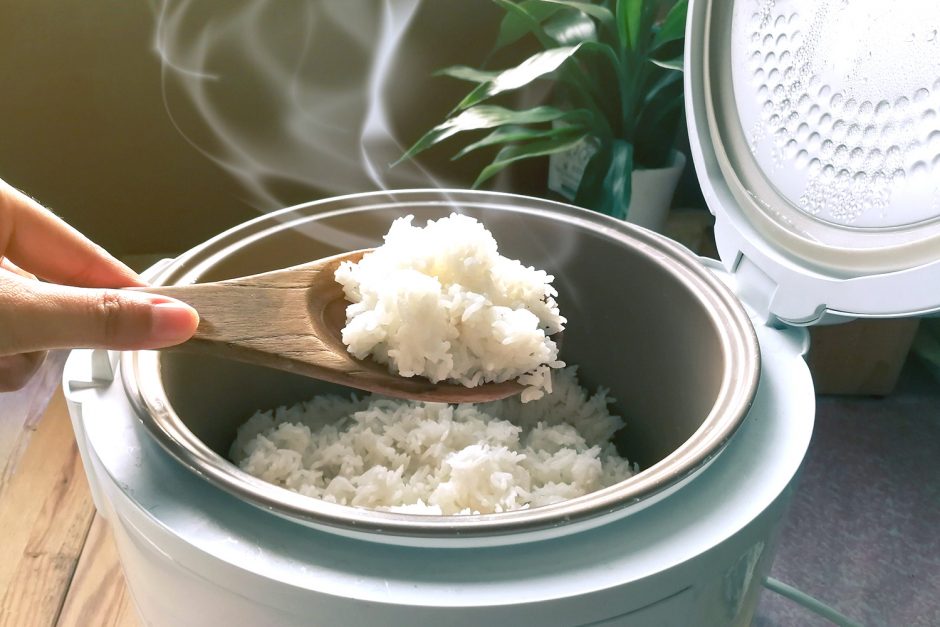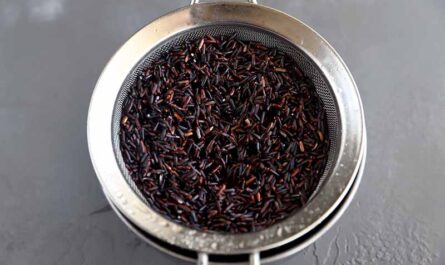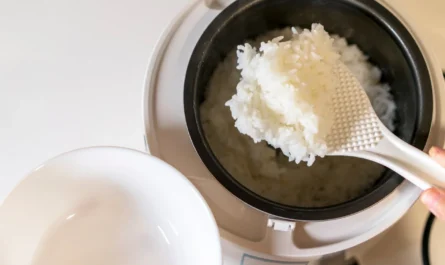When it comes to cooking rice, many sushi lovers rely on the convenience of rice cookers. However, a common question arises: Are rice cookers safe for nonstick coating? This is a valid concern, especially with the growing awareness about kitchen safety and the materials used in cookware. Nonstick coatings are prevalent in many kitchen appliances, including rice cookers, due to their ease of use and cleaning benefits. But, ensuring their safety is paramount for every home cook.
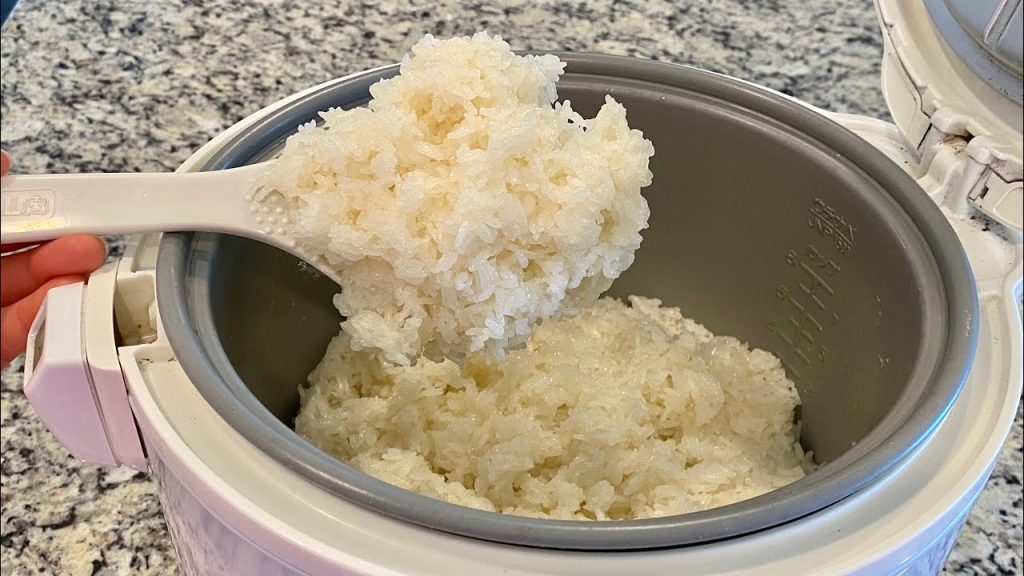
Understanding Nonstick Coatings
Nonstick coatings are designed to prevent food from sticking during cooking. Typically, these coatings are made from polytetrafluoroethylene (PTFE), which is a type of plastic known for its slick surface. While PTFE is safe for cooking, it can become a health concern if overheated, as it may release harmful fumes.
The Science Behind Nonstick Coatings
PTFE coatings are chemically inert, which means they don’t react with food. This property makes them ideal for cooking delicate dishes like sushi rice, where maintaining the texture and integrity of the grain is crucial. However, exceeding temperatures of 500F (260C) can compromise the coating’s safety.
Benefits of Using Nonstick Rice Cookers
For sushi enthusiasts, the benefits of nonstick rice cookers are numerous. They offer consistent cooking results, easy cleaning, and minimal oil usage. Additionally, the nonstick surface ensures that rice doesn’t adhere to the pot, preserving each grain’s quality.
Preserving the Nonstick Coating
To maintain the nonstick surface in pristine condition, it’s essential to use wooden or silicone utensils and avoid metal tools that can scratch the coating. Regularly inspect the pot for any signs of wear or damage.
Addressing Safety Concerns
Safety concerns surrounding nonstick coatings primarily revolve around overheating and potential chemical exposure. However, rice cookers are specifically designed to operate within safe temperature ranges, minimizing these risks.
Manufacturer Guidelines and Safety Standards
Most reputable rice cooker brands adhere to strict safety standards. It’s vital to follow the manufacturer’s instructions and guidelines for optimal safety. Brands like Panasonic provide detailed comparisons of their rice cooker types to help consumers make informed choices.
Alternatives to Nonstick Rice Cookers
If concerns about nonstick coatings persist, consider alternatives such as stainless steel or ceramic rice cookers. These options offer similar cooking capabilities without the worry of chemical coatings.
Comparing Stainless Steel and Ceramic Options
Stainless steel rice cookers are durable and free from chemical coatings, while ceramic options provide a natural nonstick surface. However, both may require more attention during cleaning to prevent food residue buildup.
Maintaining Rice Cooker Hygiene
For those who frequently enjoy sushi, maintaining rice cooker cleanliness is crucial. Regular cleaning not only prolongs the life of the appliance but also ensures the safety and quality of the food prepared.
Cleaning Tips for Nonstick Surfaces
Always allow the cooker to cool before cleaning. Use warm soapy water and a soft sponge to remove any residue. Avoid abrasive cleaners or scouring pads that can damage the nonstick coating.
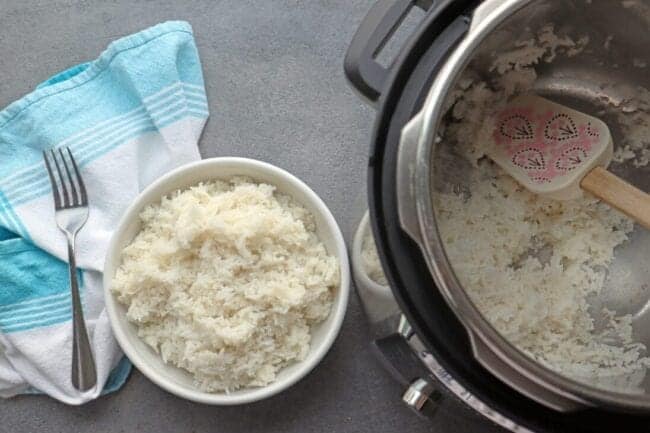
Conclusion
In conclusion, are rice cookers safe for nonstick coating? The answer is yes, provided they are used and maintained correctly. For sushi lovers, nonstick rice cookers offer convenience and quality, making them a valuable addition to any kitchen. By following manufacturer guidelines and proper care techniques, these appliances can be both safe and effective.
Additional Resources
For more on maintaining rice cookers, visit our guide on removing stains from rice cookers or our rice cooker size guide.
FAQs
Q: Can nonstick coatings in rice cookers become toxic?
A: When used properly, nonstick coatings are not toxic. Overheating is the primary concern, but rice cookers are designed to prevent this issue.
Q: How can I extend the life of my nonstick rice cooker?
A: Use wooden or silicone utensils, clean carefully, and avoid overheating to prolong the nonstick coating’s life.
Q: Are there nonstick alternatives for rice cookers?
A: Yes, stainless steel and ceramic rice cookers are excellent alternatives that don’t use chemical coatings.
This article contains affiliate links. We may earn a commission at no extra cost to you.

